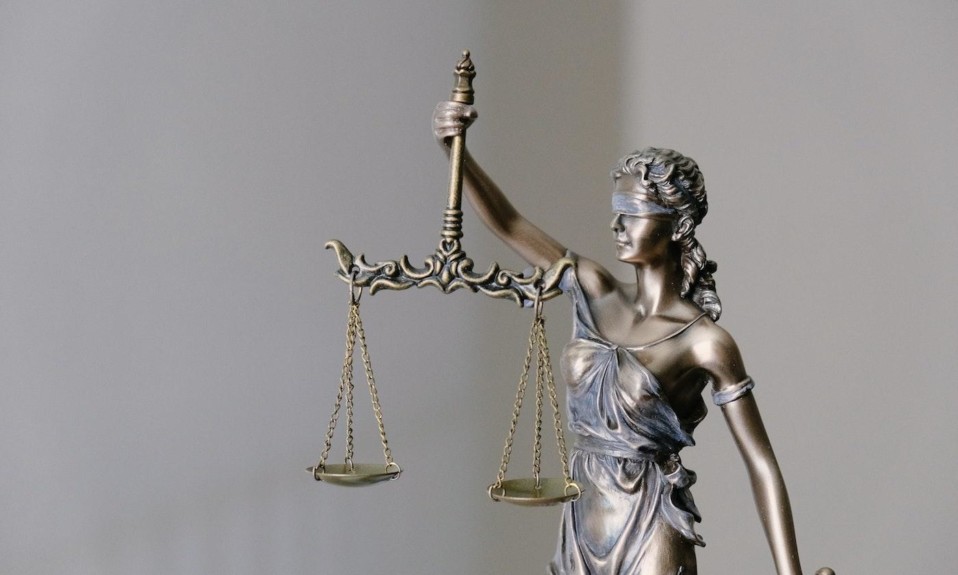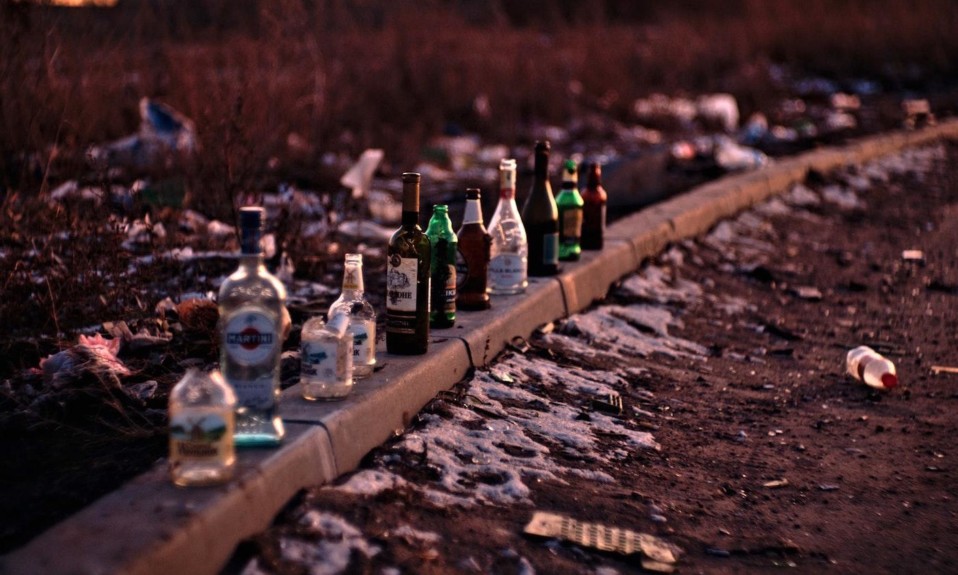With CEO Kevin Sneader’s exit from the consulting firm, there are signs of real accountability for those who helped to fuel the opioid epidemic
By Jason Langendorf
March 4, 2021The ouster of the top executive at a consultant giant identified as a key player in helping to “turbocharge” the opioid epidemic initially appears to be a step in the right direction toward corporate accountability.
Last week, as first reported by the Financial Times, partners at the management consulting firm McKinsey & Company reportedly voted against a second term for CEO Kevin Sneader. The move came on the heels of a February settlement in which McKinsey, in a landmark decision, agreed to pay nearly $600 million in penalties for its role in boosting sales of OxyContin and other opioid pain relievers amid growing public health concerns about the addictive drugs.
A consulting firm was finally held to account by government action, its leader paid with his job and the company was penalized…at a level above what it earned off opioid-related work. Those are encouraging developments.”
In December, Sneader apologized in a statement on behalf of McKinsey: “We deeply regret that we did not adequately acknowledge the tragic consequences of the epidemic unfolding in our communities. With this agreement, we hope to be part of the solution to the opioid crisis in the U.S.”
Taken together, those developments would seem to be a proper act of corporate contrition—or at least an unprecedented acknowledgment for a consulting firm whose work, by nature, had previously allowed it to sidestep responsibility when a McKinsey client faced litigation and public scrutiny.
Kevin Sneader: A Fall Guy?
But it seems just as likely that Sneader, the first McKinsey CEO since 1976 not to receive a second three-year term, was simply a useful fall guy. As part of the settlement related to its work with Purdue Pharma, the maker of OxyContin, McKinsey never publicly admitted any wrongdoing. Meanwhile, strong evidence—including a 2018 email exchange between McKinsey executives—exists suggesting that the firm was not only aware of and complicit in Purdue’s dangerous marketing strategies but was actively fueling them.
“It probably makes sense to have a quick conversation with the risk committee to see if we should be doing anything other than [sic] eliminating all our documents and emails,” a McKinsey senior partner wrote in an email to another company executive. “As things get tougher here someone might turn to us.”
Additionally, according to an NBC News investigation, McKinsey may actually stand to gain from the February settlement. MIO Partners, a hedge fund affiliate wholly owned by McKinsey, reportedly holds stakes in addiction treatment centers and the manufacturers of overdose treatment medicine. In other words, McKinsey stood to profit from individuals ensnared by the opioid epidemic coming and going.
A consulting firm was finally held to account by government action, its leader paid with his job and the company was penalized, according to The New York Times, at a level above what it earned off opioid-related work. Those are encouraging developments that may force those involved in the pharma space to think harder about prioritizing profits over public health. But until Purdue and other opioid mega-manufacturers themselves face stricter punishment—including financial penalties that make pushing dangerous drugs on the public bad business practice—there will likely be pharma companies willing to shoulder the risk.














